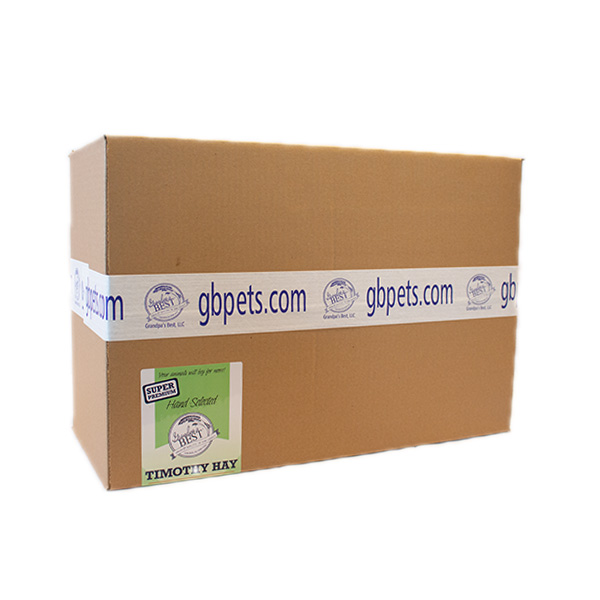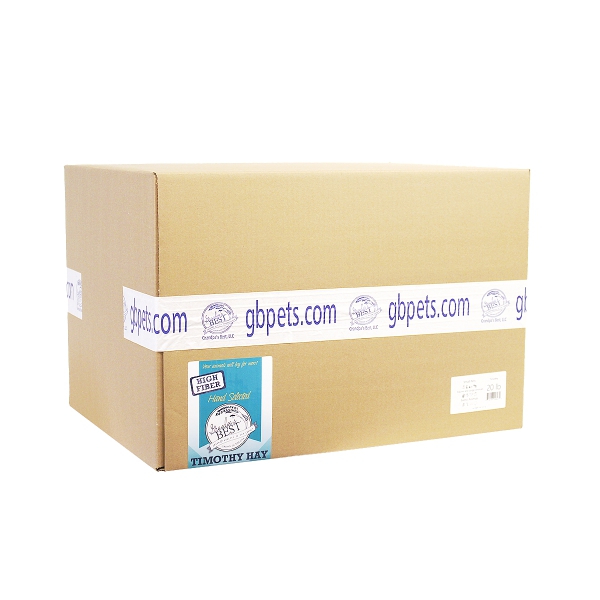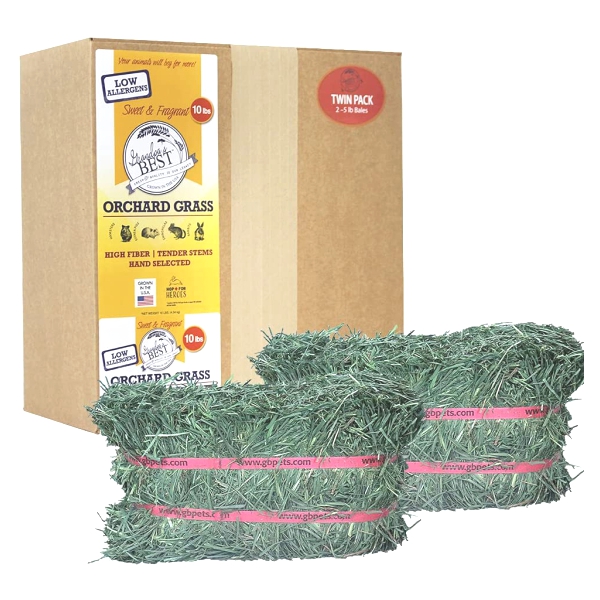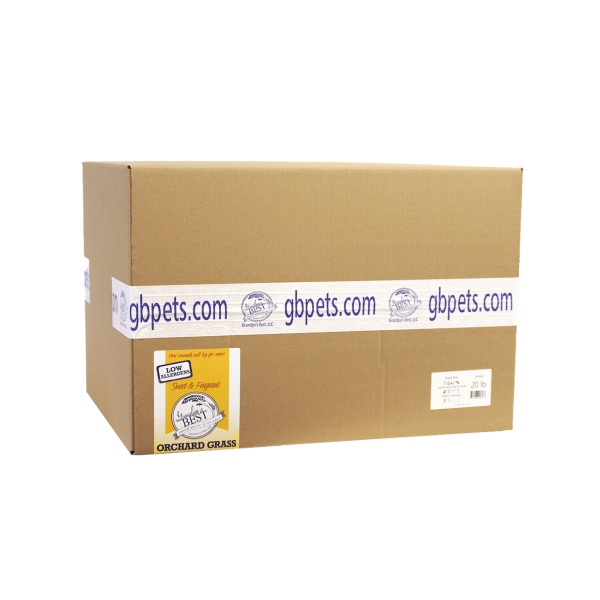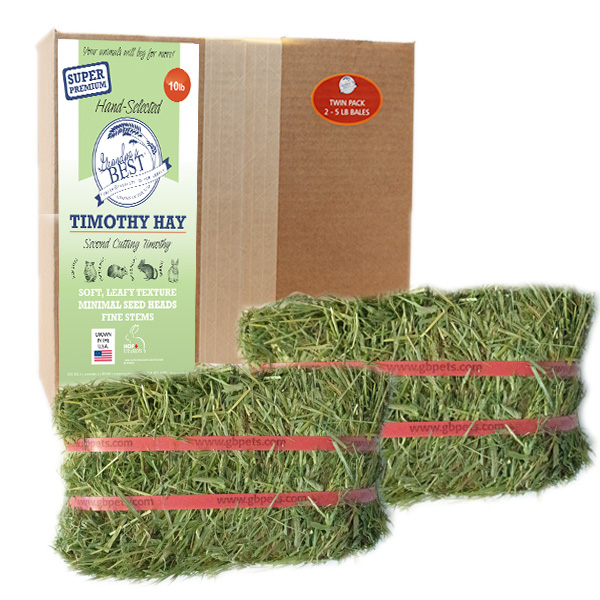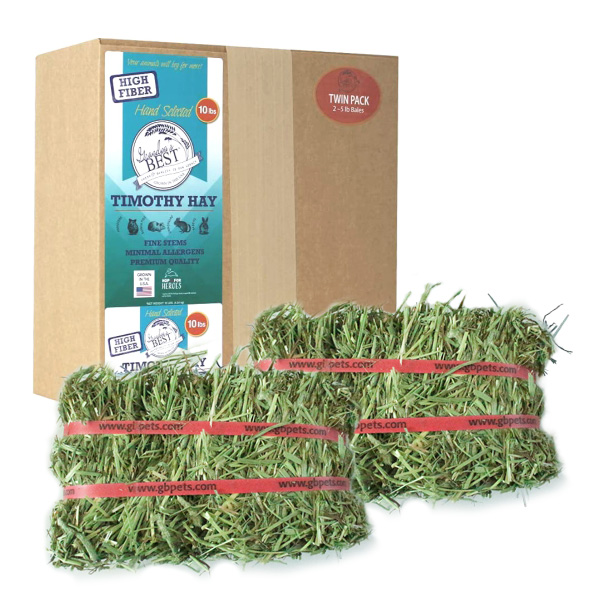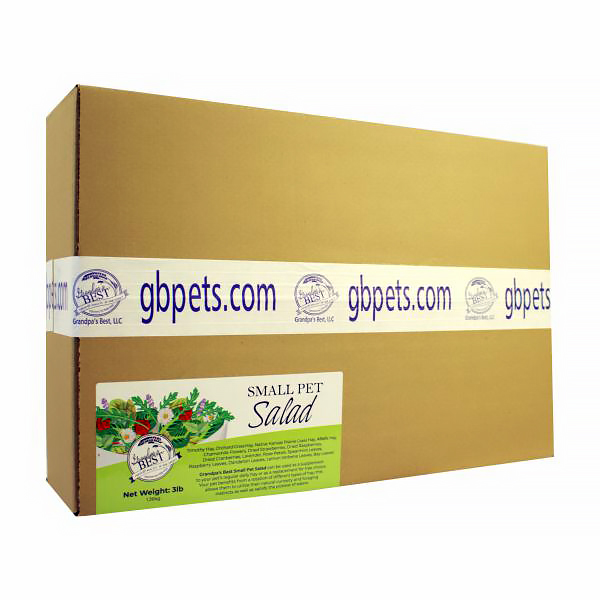As the temperatures start dropping, it’s essential to ensure your furry friends are comfortable, warm, and healthy throughout the upcoming winter season. These delicate pets require special attention to keep them cozy and safe when the weather turns chilly. Here are some tips to help you care for your furry friends during the upcoming winter months.
- Keep Them Warm and Cozy
Small pets are sensitive to cold temperatures, so keeping their living environment warm is crucial.
- Indoor Housing: If possible, bring outdoor pets indoors or move them to a heated space like a garage or shed. Ensure the area is draft-free and away from direct heat sources like radiators or space heaters.
- Bedding: Provide plenty of soft bedding, such as hay or fleece, for extra insulation. Hay not only keeps them warm but also encourages natural burrowing behavior, which is excellent for mental stimulation.
- Provide Plenty of Fresh Hay
Quality hay is not just a staple food for these animals; it also helps keep them warm by promoting healthy digestion.
- Unlimited Hay: Ensure your furry friends always have access to fresh quality hay, such as Timothy Hay or Orchard Hay. This keeps their digestive systems active, which generates body heat.
- Hay Racks and Dispensers: Use hay racks to keep hay clean and dry. Wet hay can harbor mold, which can be harmful to your furry friend.
- Monitor Their Diet and Water
Cold weather can increase your pets’ energy needs, so adjusting their diet accordingly is important. You can ask your veterinarian for advice on this.
- Increased Food Intake: Offer slightly more high-quality hay to meet their increased energy needs. You can also add safe fresh vegetables to their diet for extra nutrients.
- Water Supply: Water bottles can freeze in low temperatures. Check them frequently and use insulated covers or heated water bowls to prevent freezing.
- Keep Them Active
Exercise is essential even in winter to keep your pets healthy and prevent obesity.
- Indoor Playtime: Set up a safe play area indoors where your pets can stretch their legs and explore. Use tunnels, boxes, and chew toys to keep them entertained.
- Supervised Outdoor Time: If the weather isn’t too harsh, let your pets have short, supervised outdoor play sessions on dry days. Always bring them inside if they show signs of being cold.
- Regular Health Checks
Winter can be tough on small pets, so regular health checks are vital.
- Monitor Weight: Weigh your pets weekly to ensure they maintain a healthy weight. Sudden weight loss can indicate health issues or insufficient food intake.
- Check for Signs of Illness: Look for symptoms like lethargy, sneezing, watery eyes, or loss of appetite, which could indicate respiratory infections or other health problems. Consult your vet immediately if you notice any concerns.
- Ensure Proper Ventilation
While keeping your pets warm is essential, ensuring good ventilation is just as important to prevent respiratory issues.
- Avoid Drafts: Keep their enclosures away from drafts but allow some air circulation to prevent dampness and ammonia buildup from urine.
- Clean Bedding Regularly: Damp or soiled bedding can contribute to respiratory problems, so keep their environment clean and dry.
Caring for rabbits, guinea pigs, and chinchillas during winter requires some extra attention to their living conditions, diet, and health. By providing warmth, fresh quality hay, and regular monitoring, you can ensure your furry friends stay happy and healthy all season long. With Grandpa’s Best, you can keep their bellies full and their homes cozy throughout the cold months.

